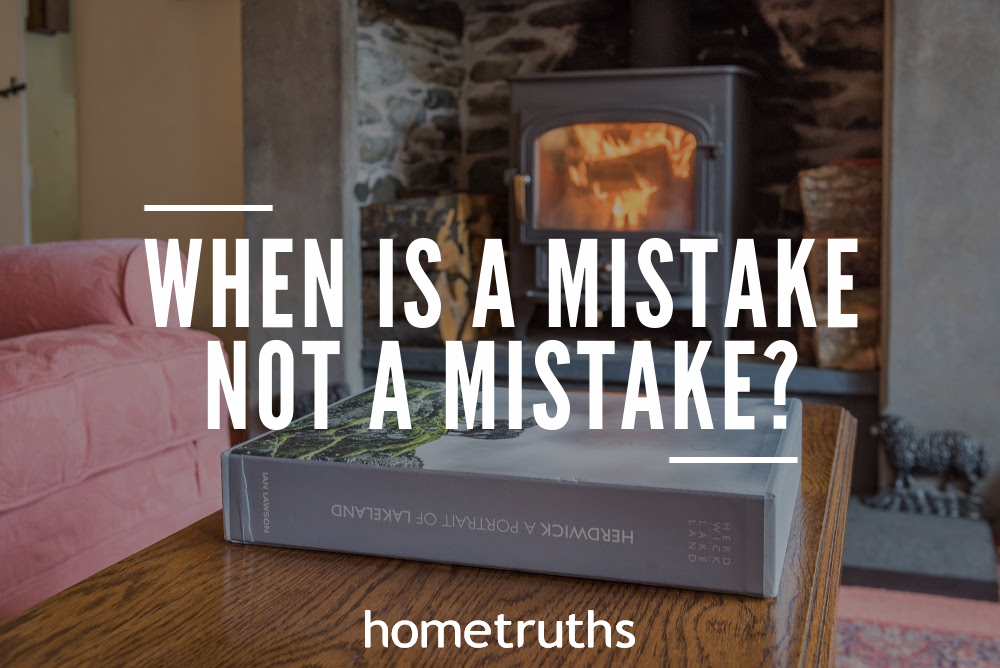….when you learn from it, of course!
What was the first thing you did when you decided to put your house on the market? If you diligently booked three appointments with estate agents, to obtain three valuations, you are not alone. Most sellers do just that, then choose the agent who they a) like best, b) provided a valuation of around the figure you were expecting, or just above, and c) offered a reasonable commission. Sound familiar? Relax – they are all perfectly good reasons for choosing your agent. You may even be able to add to that list d) sold a neighbouring property and e) came recommended by a friend.
So when a year down the line your viewings have completely dried up, and your agent is no longer returning your calls, you’re left scratching your head, wondering what on earth you did wrong. Well, let’s look at the criteria a little closer:
a) Liking – of course, it’s very important that you like, and therefore usually trust, the agent you select to sell your house. After all, it’s probably your most valuable asset, so you need to believe that he is 100% on your side, and determined to do his best for you. But – and it’s a big but – it’s rarely the valuer who is selling your home. It’s the admin lady answering the phone, or the viewing rep showing your buyers round. That confident, professional, trustworthy chap who spent an hour with you and secured your contract, he’s off securing other contracts, not selling your house.
b) Valuation – a good valuer does his research; a great valuer reads your signals. Even if you don’t think you are giving anything away, some carefully worded questions will quickly ascertain your motivation and expectations. The more he wants your business, the higher the valuation will be, and the more he will charm and flatter.
c) Commission – you may have felt very pleased with yourself at negotiating with the agent and securing a great sale commission. But at what price? Is he incentivised financially to sell your house above his other clients’ properties? Is he going to try to cut corners on advertising, brochure and accompanied viewings? And perhaps most importantly, if he allows himself to be so easily beaten down on price, do you really want him negotiating with a buyer on your behalf?!
d) Sold a neighbouring property – try to discover the back story here; it may have been a fluke, a local buyer already interested, or a big drop in price. Remember – the sold sign is only part of the story.
e) Recommendation – as above, find out exactly what the agent actually did to deserve the recommendation. Maybe your referer’s daughter works there, or they own shares, drink in the same local, or (forgive my cycnism) receives an introducer’s fee.
None of these criteria were wrong. In fact, they are all very good reasons for choosing your estate agent. However, on their own, these checks are not enough to sign on the bottom line. If your house hasn’t sold, it’s time to move on. When you select your new agent, ask more questions, seek evidence, do some digging. You may also find my blog on 7 Questions to Ask Your Estate Agent useful.
After all, a mistake is not a mistake if you learn from it.
If you’d like my help to sell your home more effectively, please answer a few short questions here and if I think I can help you, I’ll be in touch.



